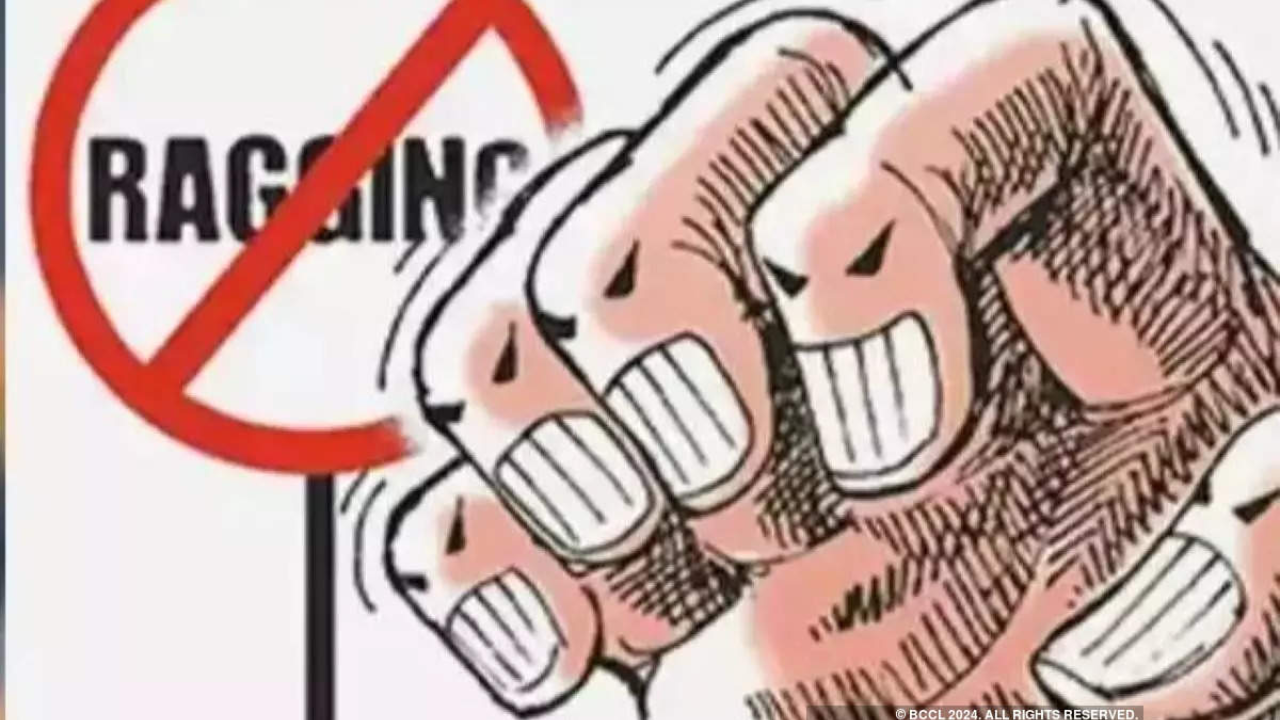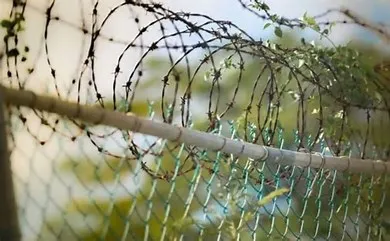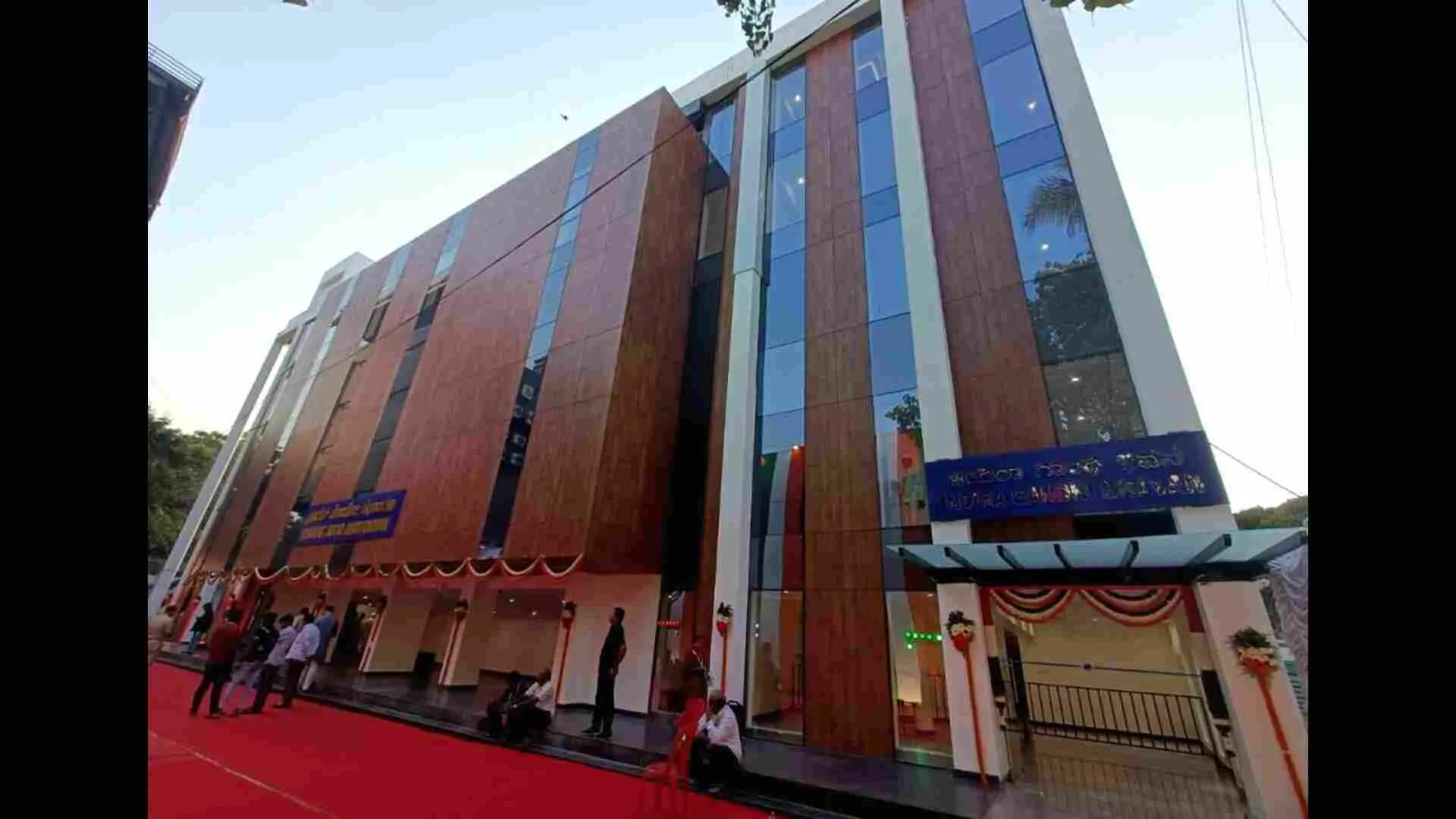A first-year medical student in Rajasthan’s Dungarpur district suffered severe health consequences after being allegedly subjected to brutal ragging by seniors. The incident, which occurred at Government Medical College (GMC) in Dungarpur, involved the victim and several other freshmen being taken to a hill where they were forced to undergo rigorous physical activities under scorching heat.
According to reports, the 20-year-old student endured excessive physical strain, including hundreds of sit-ups, imposed by senior students during the ragging session. This ordeal led to serious muscle damage and subsequent infections in his kidney and liver. Initially hesitant to disclose the incident, the student sought medical help when he began experiencing intense pain, eventually requiring dialysis treatment in Ahmedabad.
Following a complaint lodged by the victim with the National Medical Commission’s anti-ragging cell, an FIR was filed against seven students under various sections of the Indian Penal Code (IPC). The college administration, prompted by the NMC’s communication, took action by suspending the involved students and initiating a police case.
This incident underscores a persistent issue despite stringent laws against ragging in educational institutions across India. Ragging, prohibited by the Supreme Court since 2001, remains prevalent, affecting numerous students annually. The practice, often perceived as a rite of passage, involves acts that cause physical or psychological harm, aiming to exert dominance over newcomers.
Efforts to combat ragging include guidelines from the University Grants Commission (UGC), requiring institutions to establish anti-ragging committees and ensure strict enforcement. Despite these measures, cases continue to surface, revealing systemic challenges and the reluctance of victims to report due to fear of social stigma or retaliation.
Experts advocate for stronger measures, including a centralized anti-ragging law and improved enforcement mechanisms, to effectively curb this pervasive menace. Until then, addressing the societal tolerance and institutional complacency towards ragging remains crucial to safeguarding students’ well-being in higher education.





















